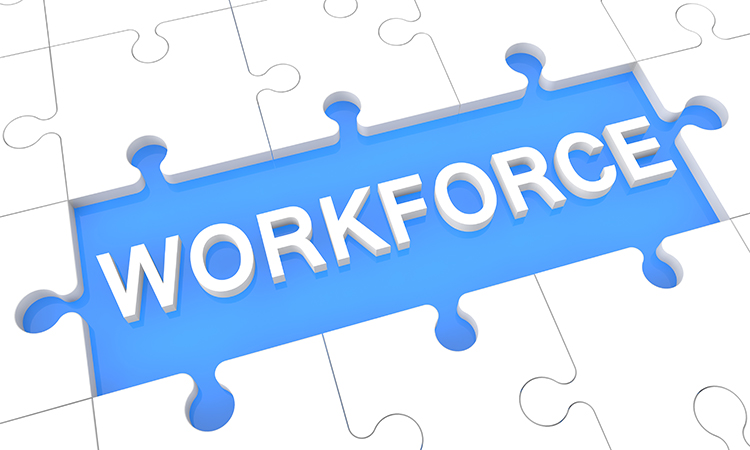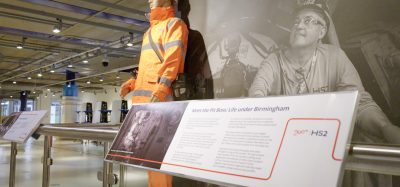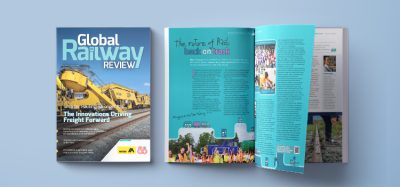ARA release new report to confirm rail skills agenda
Posted: 1 March 2022 | Elliot Robinson (Editorial Assistant - Global Railway Review) | No comments yet
The report addresses the critical need to lessen the widening skills gap in the industry, with attraction, training and long-term development seen as key areas of action.


The Australasian Railway Association (ARA) has released a new report on building rail skills capability as the industry faces increasing skills shortages across the country. The report confirmed expected workforce gaps of up to 70,000 skilled workers by 2023, with some areas of specialisation already experiencing shortages.
“The rail industry is in the midst of a wave of new investment that will transform our cities and towns to deliver sustainable, resilient infrastructure for decades to come,” Caroline Wilkie, Chief Executive Officer for ARA, said. “The skills gaps that were already evident a few years ago have only increased as new projects got underway and recent border restrictions limited the movement of skilled workers between states and from overseas. There is a critical need to attract, train and develop outstanding talent in our industry to support its long-term growth.”
Its review of global initiatives to build rail skills capability identified four areas of action for industry and government to address. Leadership, collaboration and partnership to work together to deliver an Australian rail training system that provides consistent, accessible, high-quality provision across our jurisdictions. Strategic workforce planning to understand and plan for future workforce needs, ensuring skills supply meets industry demand. Attracting, recruiting and retaining the workforce and skilling the workforce by building and future-proofing industry capability and supporting individual carer progression through transferrable skills development.
Collaboration as part of the National Rail Action Plan (NRAP) over the last two years had been a positive step, and the ARA looked forward to the creation of the National Rail Skills Hub in the near future.
“Industry and government must work together to address critical skills needs and it has been encouraging to see productive engagement taking place as part of the NRAP process,” Wilkie added. “A truly national approach that makes it easier for people to join the rail industry, and advance their career within it, will be key attracting and retaining the right people to support our success.”
The ARA is continuing to engage with NRAP on the establishment of the National Rail Skills Hub. It is also progressing essential work on the development of national competencies through its Rail Industry Worker programme to make it easier for people to move between companies, projects and jurisdictions within the industry.
OUT NOW: The Definitive Guide to Rail’s Digital Future
The rail industry is undergoing a digital revolution, and you need to be ready. We have released our latest market report, “Track Insight: Digitalisation.”
This is not just another report; it’s your comprehensive guide to understanding and leveraging the profound technological shifts reshaping our industry. We move beyond the buzzwords to show you the tangible realities of AI, IoT, and advanced data analytics in rail.
Discover how to:
- Optimise operations and maintenance with real-time insights.
- Enhance passenger services through seamless, high-speed connectivity.
- Leverage technologies like LEO satellites to improve safety and efficiency.
Featuring expert analysis from leaders at Nomad Digital, Lucchini RS, Bentley Systems and more, this is a must-read for any rail professional.







